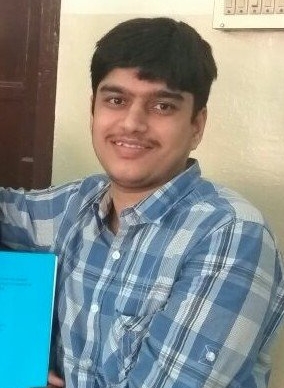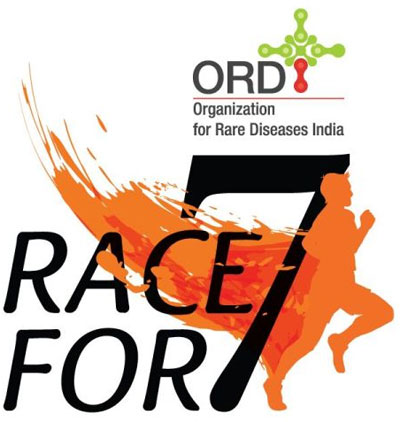 Eight years ago, when I was 16, I was diagnosed with a rare neurological disorder. The condition is known as spinocerebellar ataxia (SCA), which is one among a group of genetic disorders characterised by a progressively slow and uncoordinated gait – often with poor coordination of hands, speech and eye movements.
Eight years ago, when I was 16, I was diagnosed with a rare neurological disorder. The condition is known as spinocerebellar ataxia (SCA), which is one among a group of genetic disorders characterised by a progressively slow and uncoordinated gait – often with poor coordination of hands, speech and eye movements.
As you can imagine, this makes everyday living pretty hard for me. Spinocerebellar ataxia affects my gait to such an extent that I cannot balance myself, and need a support to walk and move around. However, I am fortunate enough to have people around me who are always willing to help me with everyday tasks which most people take for granted.
I also struggle with episodes of recurring depression, anxiety, panic attacks, bursts of anger and the occasional mood swings. To make matters more difficult, I appear inebriated (ataxic gait is also known as the ‘drunken sailor gait’) to most people. In fact, only few people are aware that I am dealing with a serious medical condition.
There are about 30 types of ataxia, many of which are difficult to diagnose even with the latest medical technology. Although eight years have passed since my diagnosis, the doctors are yet to confirm the type of SCA I suffer from. I have visited a number of hospitals across India – only to find that none of them maintain a register of ataxia patients.
However, there are a few organisations working towards maintaining a registry of rare diseases. Once this is complete, I believe hospitals could use such registries to identify patients and conduct clinical trials to find appropriate treatments. Such registries will make contacting patients far easier than it is today. Additionally, private companies, NGOs and health professionals are actively trying to increase awareness about rare diseases in the country.
Today, I am 23 years old with a BSc degree and an MSc degree in zoology. After



